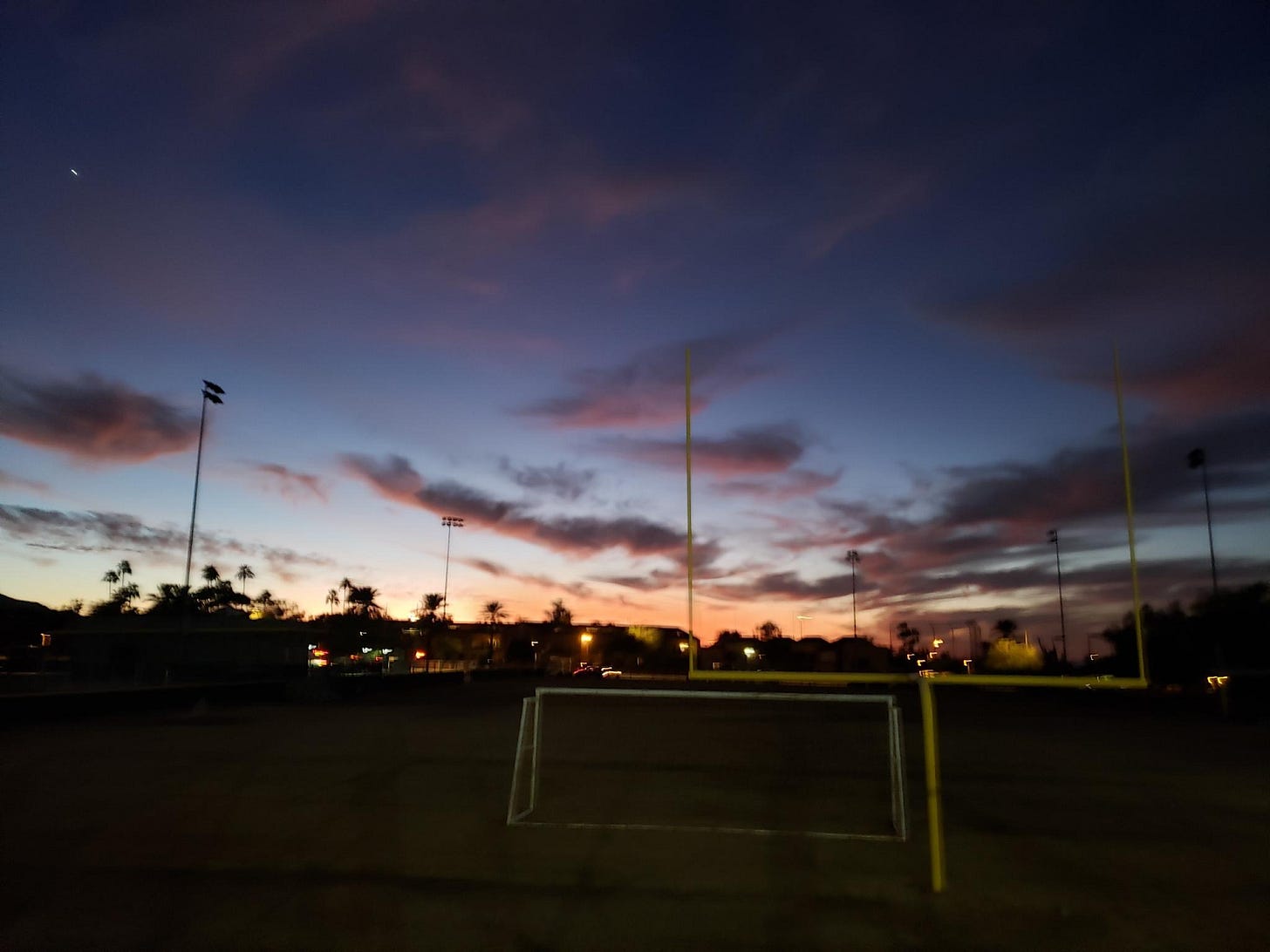There’s a nationwide fight going on over what should be taught in K-12 schools. Like many other national disputes, the battleground is social media. Dueling activists stand in the trenches throwing #takes at each other. Now the battleground is shifting to state legislatures.
One of the fiercest conservative culture warriors is Christopher Rufo, who recently tweeted a clapback against a fellow conservative who doubted the need for strict laws regulating curriculum in schools. Rufo wrote:
[Jordan Peterson] has bought into a delusion: that private reason alone is sufficient for governing a society. But politics is not a podcast—there is evil in the world that will not yield to logic, but requires the firm hand of the law. We have a duty to protect children from this evil.
To combat progressive indoctrination in schools, there’s a big push for states to enact curriculum transparency laws.
In Arizona, a proposed bill SB1211 would require teachers to post every scrap of content from their daily lessons onto a public website.
There’s a lot to unpack here.
First of all, I’m not against “academic transparency” as a concept. Here on Substack, we don’t live in a zero-sum world where you have to embrace the catchphrases of the activists on your side of a culture war. In fact, I wish to declare myself a conscientious objector. I’m in favor of slowing down and taking a look at the big picture.
Let’s get down to substance.
The charter network Great Hearts (I don’t work there) has a good practice where they post a core reading list for each grade level. By browsing this list, you get a sense of their values as an academic institution. They teach a classical-style curriculum of the “great books” in order to cultivate “Truth, Goodness, and Beauty.”
At Great Hearts we give our students individualized attention, but always within a common, one-track curriculum.
I don’t think it’s necessary to force Great Hearts teachers to post the contents of every daily lesson online. Every worksheet, every video, formatted in whatever way the charter network decides to comply with this proposed regulation. Not only would it consume valuable time, but it would clutter the webpage and defeat the point of making it easy for parents to discern the curricular values of the academic institution.
What about schools that don’t post anything? What if a school teaches some crazy stuff and refuses to tell parents about it? What if a Great Hearts teacher goes rogue and starts teaching Critical Race Theory?
I don’t really know. But I believe these issues can be resolved without brandishing “the firm hand of the law.”
The curriculum transparency push is interesting, because if these bills pass, it will fundamentally alter the nature of curriculum in schools. In the short-term, compliant teachers will spend additional time formatting their public curriculum posts. Many teachers will quit. Not because they have a problem with transparency, but because it would be the last straw of bureaucratic insanity. It would also be easy for an online culture warrior (from either trench) to weaponize an out-of-context snippet from a lesson.
In the long-term, schools will adopt a scripted curriculum.
Curriculum transparency advocates make a great point about the inconsistency of the curriculum taught in schools. Teachers spend a lot of time searching for, or creating, lesson ideas. We have a ton of leeway in the day-to-day content of lessons.
This is part of the reason why I remain a teacher — I feel like my own boss in the small sense that I decide how to run my classroom. I enjoy the process of creating lessons. Over ten years of teaching, I’ve developed a method that works. Sometimes my lesson plans for the day are mapped out in my mind, or written in a physical notebook. After several years of teaching the same class, a coherent sequence will exist in my files. I could supplement my income by selling lessons on the website Teachers Pay Teachers, but I’ve never gotten around to it.
Alas, a scripted curriculum would save me the time of lesson planning. If I were given a coherent curriculum with pre-packed lesson plans and aligned assessments, I wouldn’t complain.
But would the curriculum be any good? It’s easy to write a curriculum for an imaginary classroom. It’s harder to write lessons that will be effective in a real classroom full of American teenagers.
Maybe we’ve lost trust in the professionalism of teachers. Maybe our public education system has lost the benefit of the doubt.
So be it.
Show me a curriculum that’s worthy of classroom time, purchase it, and I will happily post it online for the world to see.
Extra!
I wrote a piece for the Arizona Agenda about our never-ending Covid arguments.
Read it here: Friday Edition: Vaxxed and relaxed at the front of class.
We have legitimate disagreements about Covid protocols, just like we have legitimate disagreements about what to teach in school. But why does every disagreement feel like guerilla warfare? Because of broken institutions and the bad habits of digital media.
Many thanks to Rachel and Hank for editing and publishing this piece. If you haven’t yet, check out their full-time Substack newsletter!
If I ever delete Twitter, I know I can keep a pulse on Arizona government and politics thanks to this entertaining and comprehensive newsletter.
Thanks for reading!
Visit the Cholla Express archives to browse old issues.
Feel free to send me your comments or critiques. Or, if you have any suggestions for newsletter topics, send me your ideas!




